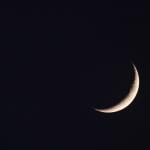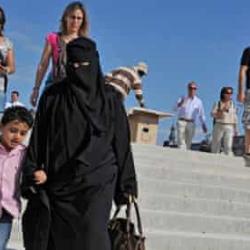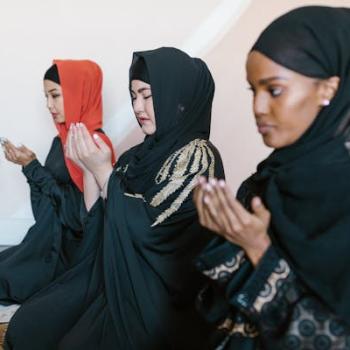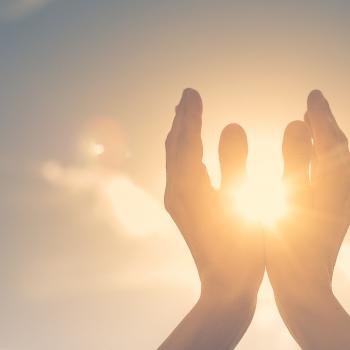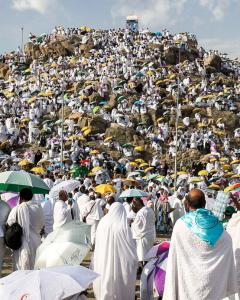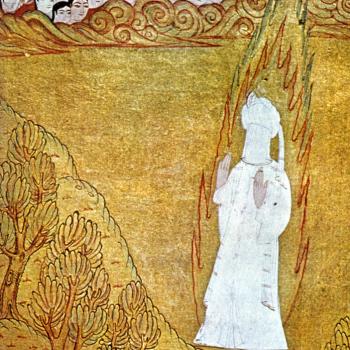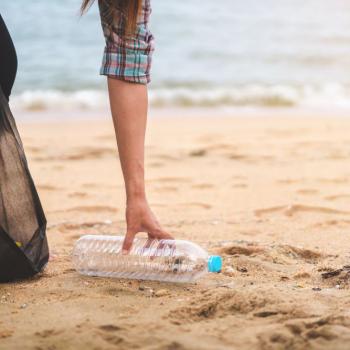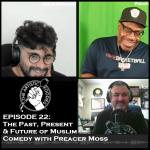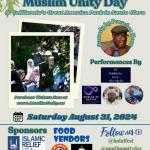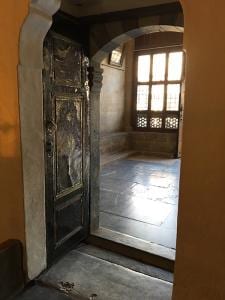
Your inner being is a sanctuary, cleanse it with the light of compassionate awareness.
[Threshold Society monthly theme]
During this sacred month we fast between dawn and sunset from food and drink, from daytime sex, from gossip, and even from expressions of anger.
We have an opportunity to experience a new lightness, emptiness, and what some have called transparency. We discover that with this fasting we have a different experience of our inner being.
This month’s theme reminds us that our inner being is a sanctuary. I asked myself what does this feel like? Is it just an idea, a concept, or can I witness the state of my inner being right now?
On the second day of Ramadan I was feeling a little more tender, a little more sensitive than usual. Asking “What is the state of my being right now?” for some reason my grandparents became very present to my heart.
At the beginning of the Twentieth Century they came, brave and young, to America from Poland, with little more than their wits and their hopes. Did they ever think of what lives their grandchildren would have? Could they have imagined the spiritual path their grandson would follow?
I was feeling each one of them as I have never felt them before, and at the same time I was realizing that I carry within me a debt to them for their sacrifice and courage. I felt it had something to do with the dignity of human life, the striving of generation upon generation to achieve a better life.
And what responsibility does my heart carry? What rights do I have to allow in my own being anything that is trivial, indulgent, or selfish? What right do I have to take any backward steps on that path of dignity my ancestors travelled and which I might, inshallah, continue?
So this is where my own self-examination led on that second day of Ramadan. Fasting had made me more sensitive to my own heart, reminding me that the heart is something quite extraordinary and precious. After reflecting on the debt to my ancestors, and to my parents, and that this debt is also about my relationship to God, what do I do now? How can I be responsible to fulfill the debt of my existence?
The wise ones of our tradition speak of a “doorkeeper of the heart.”
The doorkeeper discerns what to allow into the sanctuary of the heart. Just as we pay attention to the foods we eat to select what is most healthy, likewise we can pay attention to the impressions that we allow our heart to consume. The doorkeeper of the heart is responsible for discerning the right food for the soul. Is this the true meaning of “halal”? And that doorkeeper, on an even more subtle level, can monitor what we give our attention to, what we allow our minds to dwell on.
And is the doorkeeper also a caretaker? Who will sweep the heart clean? Who will polish the mirror of the heart? Who will open the heart to the Light of the Divine? Who will fill the heart with the blessings of the Divine Names from a tongue moistened with remembrance?
My brave and beloved ancestors were simple people and I never knew any of them to be unkind: Wincenty, a coal miner who worked hard enough to eventually buy a dairy farm in the Pocono Mountains, and his wife, Sophie, who bore nine children. Julian, a cabinet maker and jack of all trades, and his wife, my grandmother, Michalina, mother of seven, a community leader in Bayonne, New Jersey, so beloved that 2000 people came to her funeral. On that day my father had to search the local bars to find my grandfather, sober him up, and get him to the funeral.
They felt so present today. Was that merely imagined, and if imagined is it less real? And why at the beginning of Ramadan do my Catholic ancestors appear in my heart? And why does my heart tremble? And will this caretaking of the heart resound in our children, and our children’s children, on this path of human advancement?
With your permission, I will leave now. I still have cleaning to do…
“Your inner being is a sanctuary, cleanse it with the light of compassionate awareness.”


